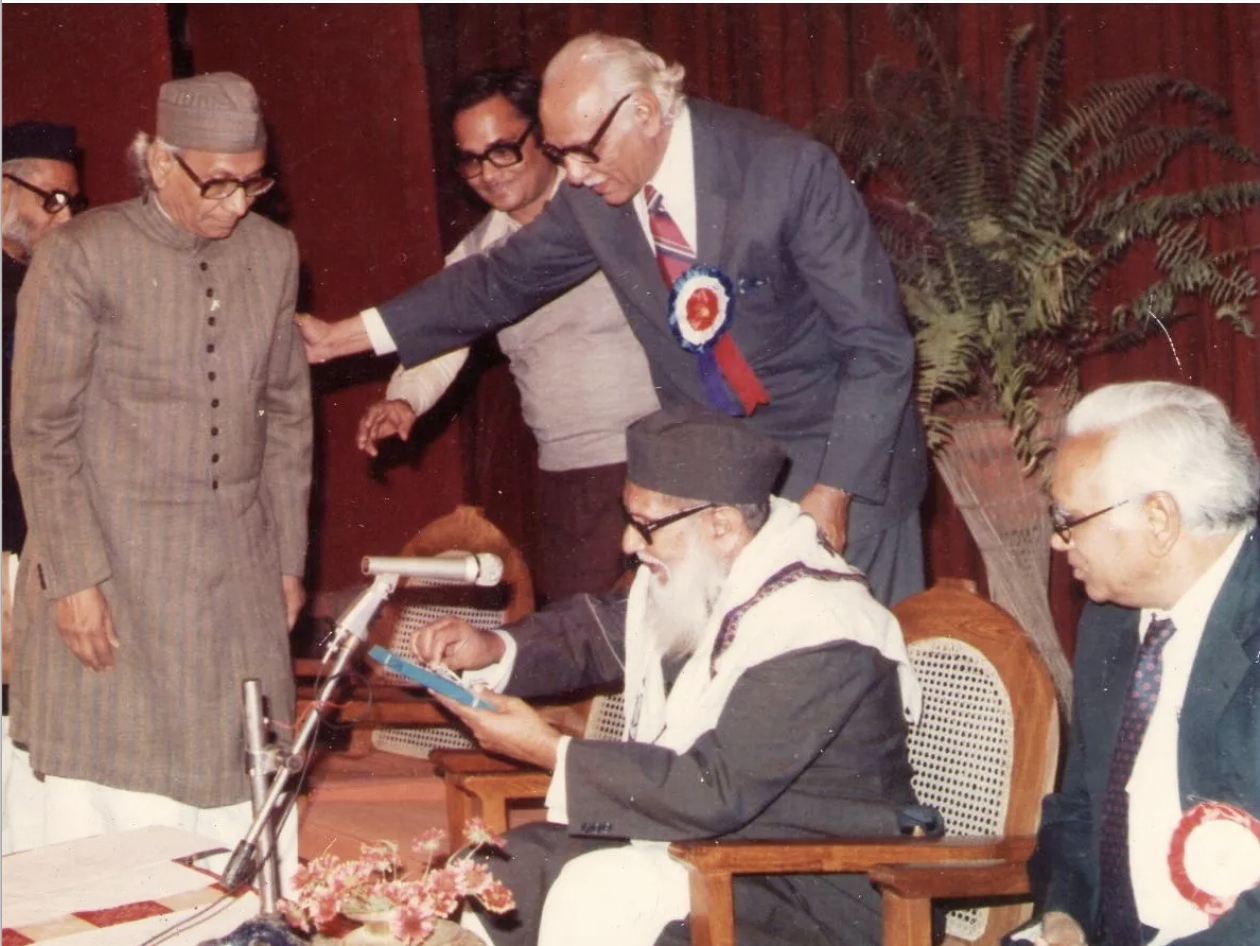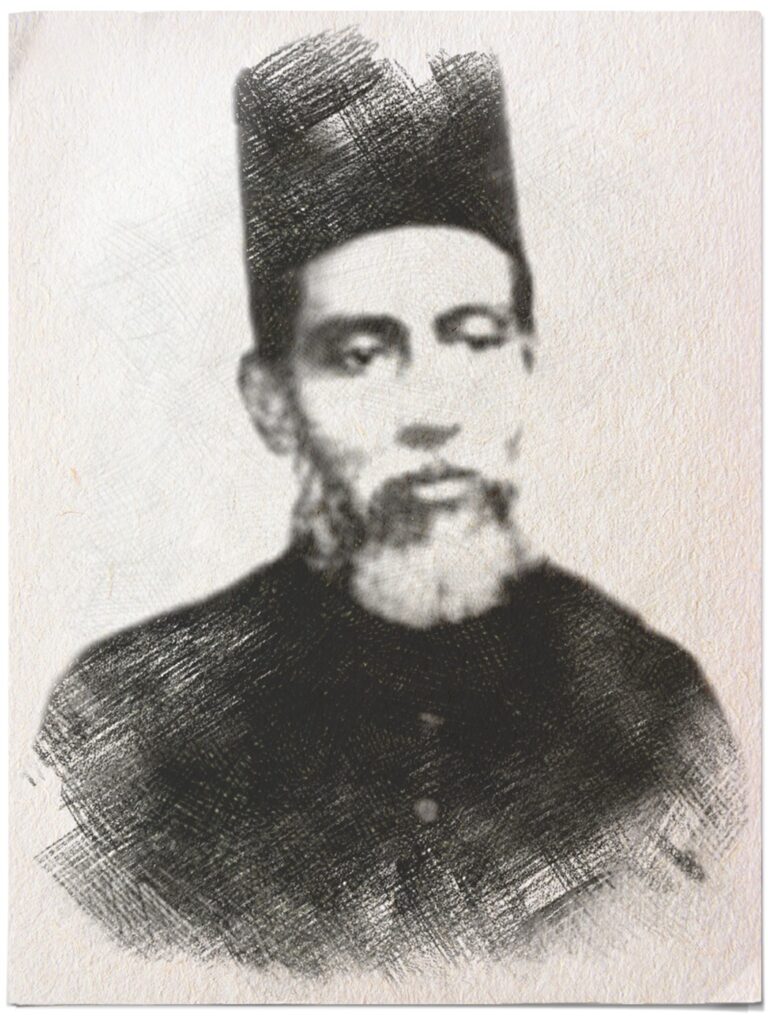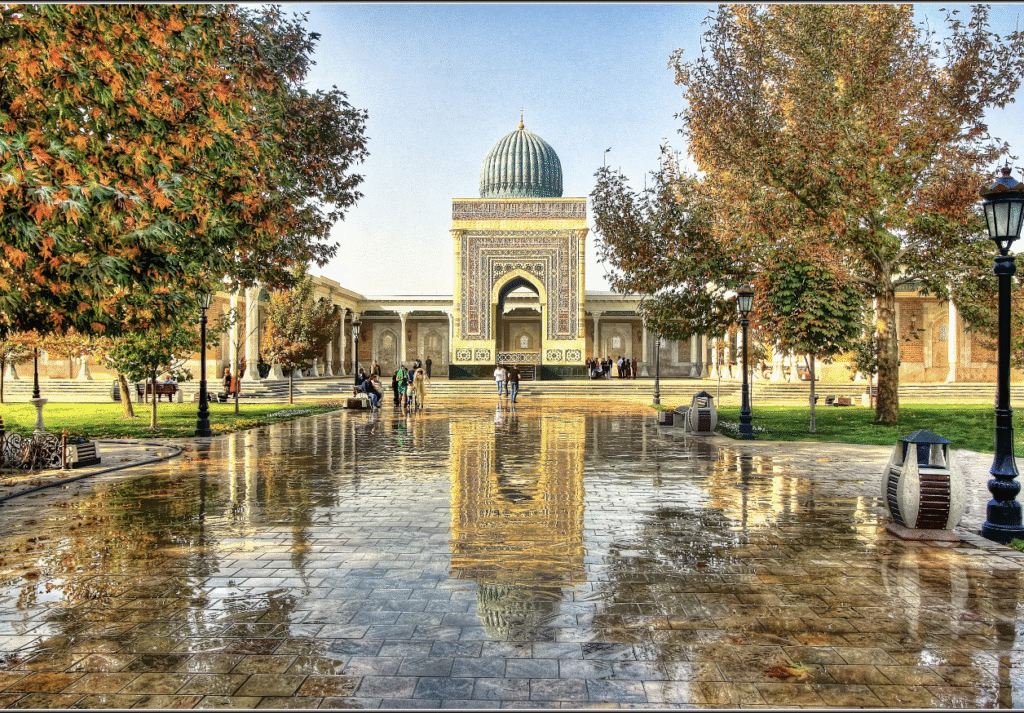“Muslims and the Palestinian Cause” by Shaykh Abul Hasan Ali Nadwi provides a profound exploration of the Palestinian struggle, intertwining Quranic wisdom, historical context, and contemporary observations. This review aims to illuminate the key themes and contributions Shaykh Nadwi brings forth, shedding light on the challenges faced by the Palestinian people.
Shaykh Nadwi takes readers on an illuminating journey through various lectures addressing critical issues related to Palestine and the broader Arab world. The exploration begins with an analysis of educational and ethical factors contributing to weakness in Palestine, gradually dissecting the fundamental causes behind the Palestinian catastrophe. Throughout subsequent lectures, Shaykh Nadwi urges Arab leaders to reflect on the outcomes of their actions, emphasizing the importance of self-accountability and a thorough examination of divine systems for achieving victory.
An impassioned appeal extends to various facets of Arab society, including the press, radio, writers, intellectuals, and reform leaders. Shaykh Nadwi highlights the urgency of addressing the root causes of abandonment and delves into the intricate connection between the Palestinian issue and Islamic awareness. The book concludes with an assessment of the ultimate outcomes for both Arabs and Muslims, featuring an insightful appendix that includes advice from Fares Al-Khoury, a former Syrian Prime Minister.

In essence, the author guides readers through a thought-provoking exploration of critical issues, providing a comprehensive perspective on the challenges facing Palestine and the Arab world. Shaykh Nadwi’s work stands as a beacon, shedding light on the complexities of the Palestinian struggle and offering valuable insights into potential pathways for resolution.
The strength of the book lies in Shaykh Nadwi’s careful weaving of Quranic principles into the narrative, emphasizing the call for reflection found in Quran:
So put your trust in Allah, for you are surely upon the ˹Path of˺ clear truth.(Quran, 27:79)
This guidance becomes a compass, urging readers to move beyond surface-level interpretations and engage deeply with the Palestinian narrative. The Quranic foundation serves as a bridge, connecting the past with the present and encouraging readers to draw meaningful parallels.
One captivating aspect of Shaykh Nadwi’s approach is his drawing of historical connections between contemporary events and significant past occurrences, such as the Crusader seizure of Jerusalem and the collapse of Baghdad. Through this lens, readers gain a contextual framework that emphasizes the historical roots shaping the ongoing Palestinian struggle. And in doing so, Shaykh Nadwi prompts us to recognize the echoes of history in the current plight of the Palestinians.
The book’s analytical depth shines through as Shaykh Nadwi explores internal factors contributing to the Palestinian struggle. From the neglect of collective interests to the burden of oppression and the misplaced emphasis on material wealth, he provides readers with a textured understanding of the challenges faced by Palestinians as they strive for self-determination. This exploration prompts readers to reflect on parallels between these challenges and broader socio-political struggles.
Shaykh Nadwi’s first-hand experiences in the Arab world between 1948 and 1967 enrich the narrative with a critical analysis of regional governments’ responses to the Palestinian cause. His discerning critique of their policies, their subservience to global powers, and the erosion of moral values provides readers with an insightful perspective on the complexities faced by Palestinians within a broader regional context. It invites readers to compare these responses with the broader geopolitical landscape.
The intellectual and moral dimensions of the Palestinian struggle take center stage as Shaykh Nadwi poses probing questions about deviations from righteous principles, moral values, and historical narratives. This academic inquiry sheds light on the intricate challenges faced by Palestinian intellectuals and leaders in their quest for justice amid the multifaceted complexities of their unique predicament. Readers are encouraged to compare these challenges with other struggles for justice, fostering a broader understanding of shared human experiences.
The compilation of Shaykh Nadwi’s writings and lectures in “Muslims and the Palestinian Cause” serves as a readable and thought-provoking academic resource. It encapsulates a call for introspection and decisive remedies rooted in Islamic principles, providing readers with a detailed roadmap for a nuanced understanding of the challenges unique to the Palestinian people. Therefore, the work stands not only as a scholarly contribution but also as a valuable guide for readers seeking contextualized insights into the Palestinian struggle.
Towards the end of the book, Sheikh Nadwi offers insightful advice on overcoming challenges related to messages and the worthiness of nations in achieving victory. He stresses the enduring vitality of the Arab Islamic nation, asserting that it requires no new message or revival. Using the metaphor of river waves, Sheikh Nadwi suggests that leadership is temporary, while the essence of Islam remains constant.
In providing a comprehensive assessment of Shaykh Abul Hasan Ali Nadwi’s work, it is essential to acknowledge a critique that has been raised regarding his perspective on the Arabs. Some argue that Shaykh Nadwi placed excessive hope in the ability of the Arabs to lead and conquer, viewing them as potential agents of change. However, the current geopolitical situation suggests that the anticipated support from the Arab nations has not materialized as expected. This divergence between expectation and reality prompts readers to reconsider the role and contributions of Arab nations in addressing the challenges faced by Palestine.
In sum, Shaykh Abul Hasan Ali Nadwi’s “Muslims and the Palestinian Cause” invites readers on a journey of reflection, connecting historical lessons with contemporary realities. This readable and insightful work is not just for scholars but for anyone interested in gaining a deeper understanding of the Palestinian struggle contextualized within the broader tapestry of human history and justice movements.



